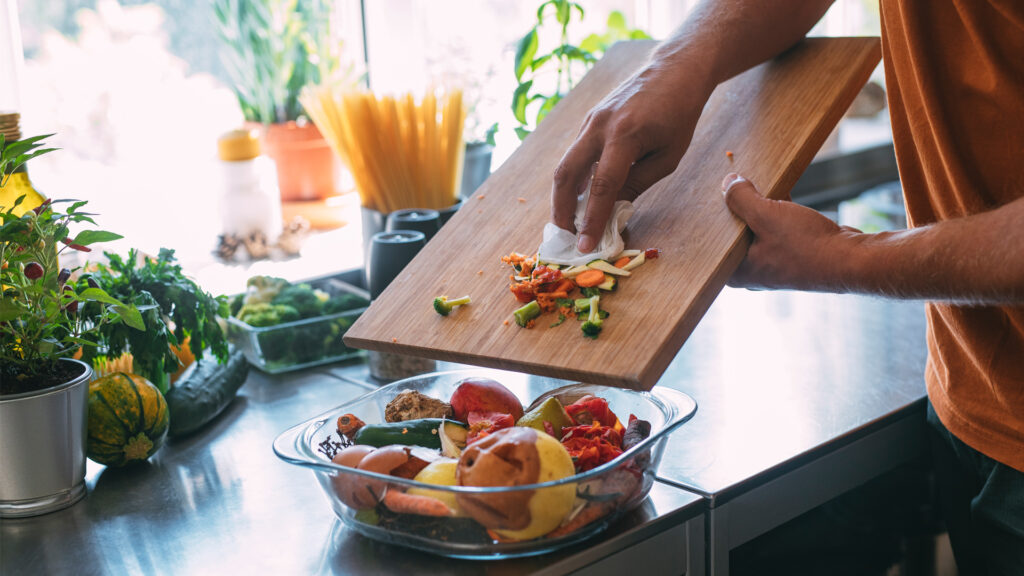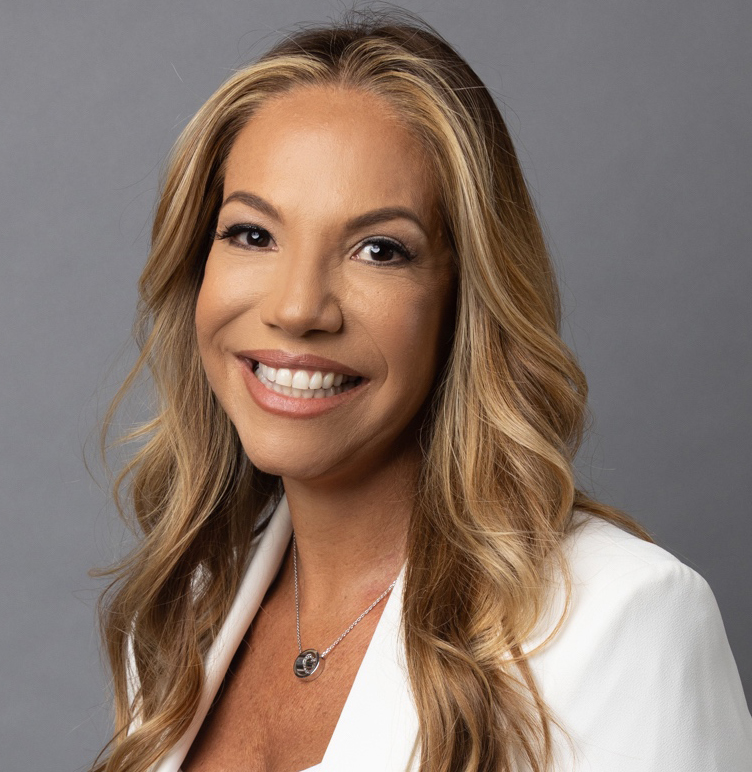By Thais Lopez Vogel, VoLo Foundation
In a world grappling with climate change, one often-overlooked contributor to the situation is food waste. Every year, a staggering amount of food ends up in landfills, emitting greenhouse gases and exacerbating the global climate crisis.
Being a mom, I know that during the holiday season, this problem tends to worsen. Let’s explore the relationship between food waste and climate change and discover how you all can contribute to solutions from our own kitchens and dinner tables.
When food items, from fruits and vegetables to meat and dairy, end up in landfills, they undergo anaerobic decomposition due to the lack of oxygen. This process produces methane, a potent greenhouse gas that is significantly more efficient at trapping heat in the atmosphere than carbon dioxide (CO2).
A closer look at the problem
During the holiday season, the pressure on households to prepare grand feasts and lavish meals can exacerbate the issue of food waste.

According to Feeding America, the United States misuses 119 billion pounds of food annually, equivalent to 130 billion meals and a staggering $408 billion in discarded food. Nearly 40% of all food in America is wasted. What’s even more alarming is that this figure is estimated to increase by 21% to 25% between Thanksgiving and New Year.
The issue of food waste is not confined to any one region: It’s a global problem with wide-reaching consequences. In developing countries, food loss often happens at the production and transportation stages due to inadequate infrastructure, while in developed nations, consumer waste plays a more significant role. Regardless of where it occurs, the environmental impact is severe, boosting climate change and intensifying resource scarcity.
However, there are practical steps that we all can take to address this problem and make a difference while enjoying the season. Let’s start this Thanksgiving.
Let’s be part of the solution
First, spread the word among your significant ones. As we mentioned, this is a problem of high impact and largely underestimated. In the same way, simple actions by our family and friends can make a big difference.
Planning your meals will help to create a shopping list, to ensure you only buy what you need. Also, serving reasonable portions avoids having leftovers that may go to waste.
The proper storage of perishable items, like fruits and vegetables, secures the right conditions to ensure their freshness.
The “First In, First Out” (FIFO) system organizes your refrigerator and pantry so that the items that were placed in first are used before the more recent ones.

Make the most of leftovers by turning them into new dishes or freezing them for later use in appropriate reusable containers.
Paying attention to expiration dates is one of the most efficient ways to reduce food waste. Learn the difference between “use by” and “best before” dates to reduce unnecessary disposal of still-edible items.
Finally, consider composting to reduce methane emissions in landfills.
Addressing food waste is not only a matter of reducing economic losses but also mitigating the climate crisis. The connection between food waste and greenhouse gas emissions is undeniable, and we all have a role to play in curbing this issue.
Starting today, we can make a significant contribution to both our wallets and the planet’s health. This holiday season let’s celebrate with a commitment to reduce our food waste and its impact on our environment. It’s a gift we can all give to our planet.
Thais Lopez Vogel is the co-founder and trustee of VoLo Foundation, a nonprofit foundation focused on science-based climate solutions, education and health.
Sign up for The Invading Sea newsletter by visiting here. If you are interested in submitting an opinion piece to The Invading Sea, email Editor Nathan Crabbe at ncrabbe@fau.edu.



